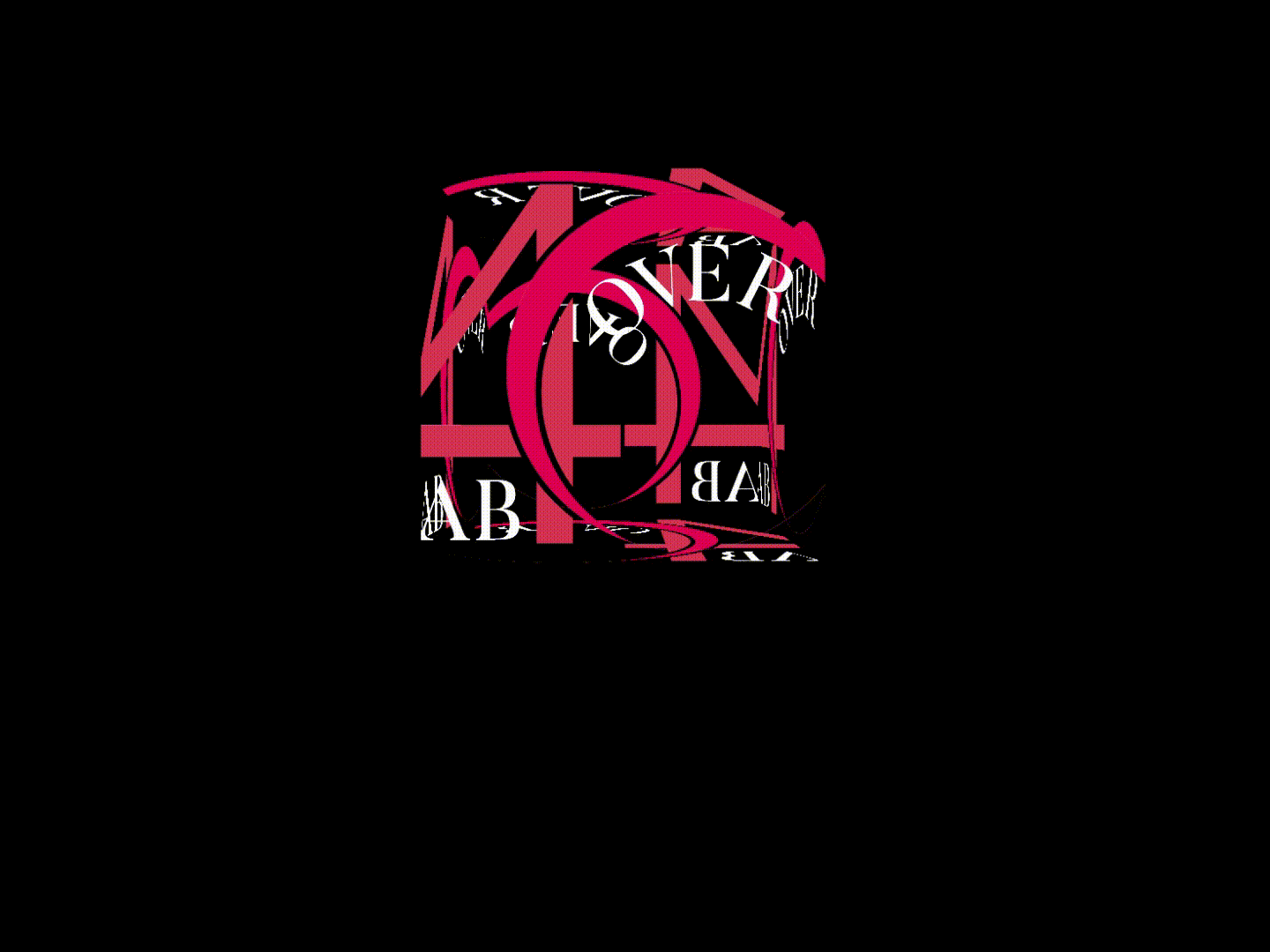Declutter Your Home for Improved Mental Well-being
Clutter in your home is more than just something you try to tidy up before guests come over. The piles of magazines and mail, laundry, dirty dishes, and more have been shown to have an effect on your mood and stress levels. A study conducted by UCLA’s Center of Everyday Lives and Families found that clutter has a particularly strong link to the cortisol levels of women.
 The more objects in the household, the more stress women feel. Being neat and having things organized is what your brain wants. It functions in an orderly fashion and wants the same in the environment we surround ourselves with. With our homes out of order, it forces our brains to deal with more stimuli and work harder.
The more objects in the household, the more stress women feel. Being neat and having things organized is what your brain wants. It functions in an orderly fashion and wants the same in the environment we surround ourselves with. With our homes out of order, it forces our brains to deal with more stimuli and work harder.
So how to get your home in order and give your mental well-being the order and calmness it desires? These simple tips will help you get that clutter under control.
Get into the right mind space by seeing your home as though you are a first-time visitor
We can become used to our homes. Enter and try to see it with fresh eyes and examine what you notice in terms of how organized it is, and what you would change about it based on this “first” impression.
Commit to dealing with your dirty dishes daily
This is a simple everyday task you can use as your first decluttering goal. Remember that it takes the same time to put a coffee mug in the sink that it does to put it in the dishwasher. Rather than let them pile up, make the simple commitment to keep your sink clear of dirty dishes.

Box up the items you don’t use but can’t seem to part with
Decluttering in this two-step process may make it simpler for you to get rid of items for good. Take the items you know you don’t use often or love and seal them in a box. If you haven’t opened up that box to retrieve an item in a year, then donate the entire box to charity.
If you are drowning in clutter, spend an hour each day getting rid of things (if it’s easier to tackle throughout the day, do it in five-minute increments rather than an hour all at once)
Sort your items into three groups: keep, donate, and trash. A couple of great questions to ask yourself when it comes to an item: Would you spend money to replace this item if you couldn’t find it or it broke? Is there someone who could get better use out of that coat you haven’t worn in three years?
Enlist the help of a friend to Declutter
A friend or family member won’t have the same attachment to your possessions, so ask one to go through your home and make a pile of things they think you should get rid of. Go through the items with them. If you can successfully defend why you should keep the item and get your friend to agree, hold on to it; otherwise out of the house it goes.














